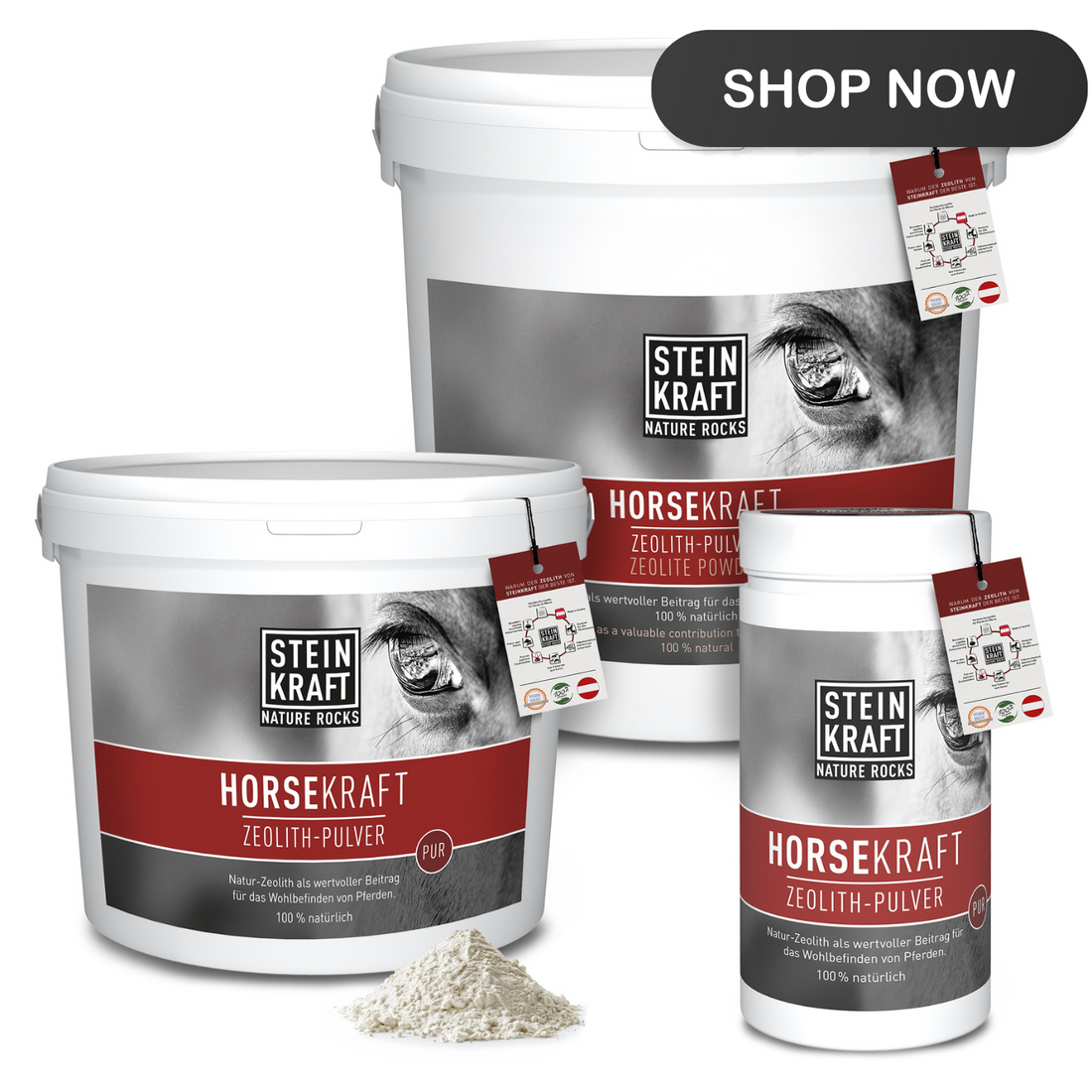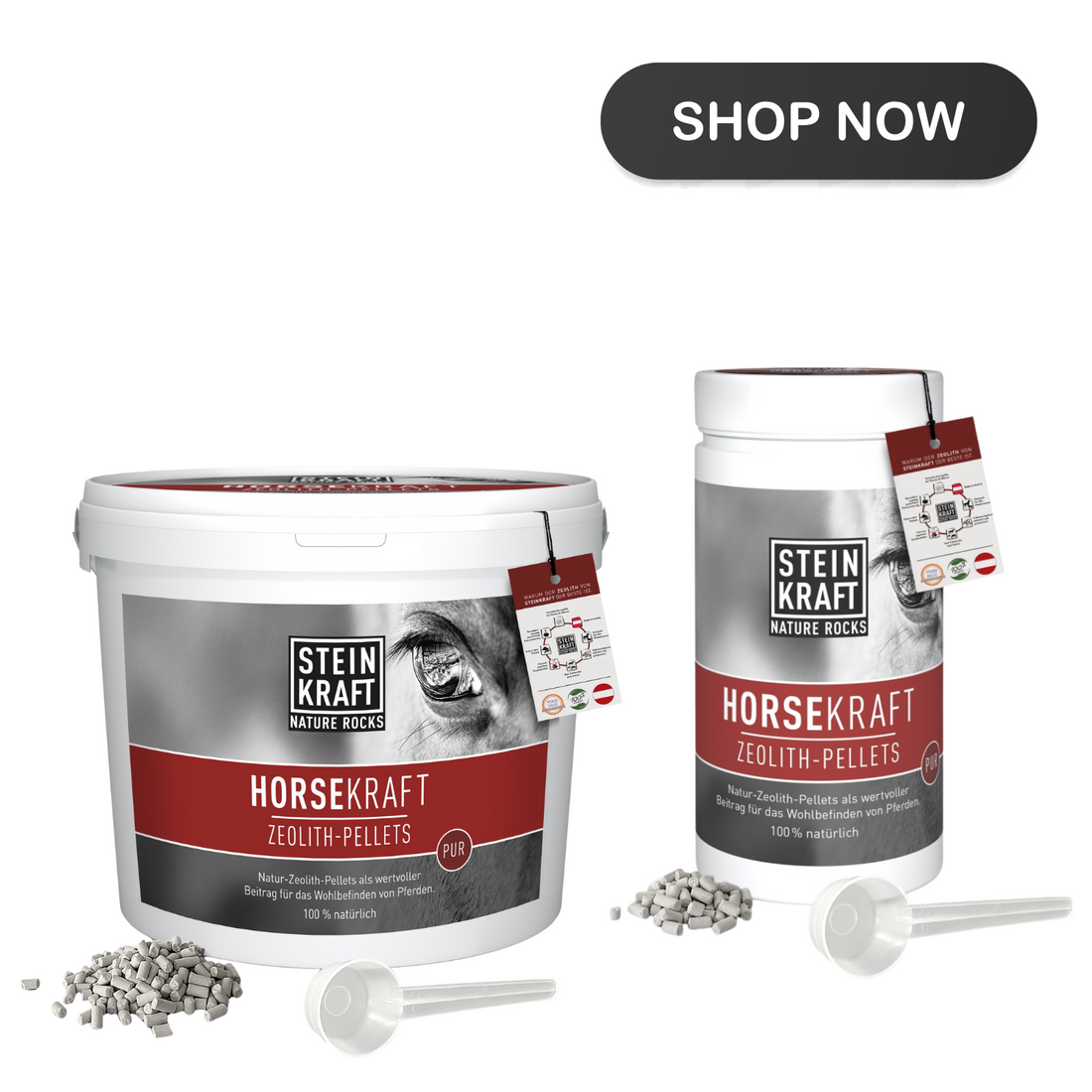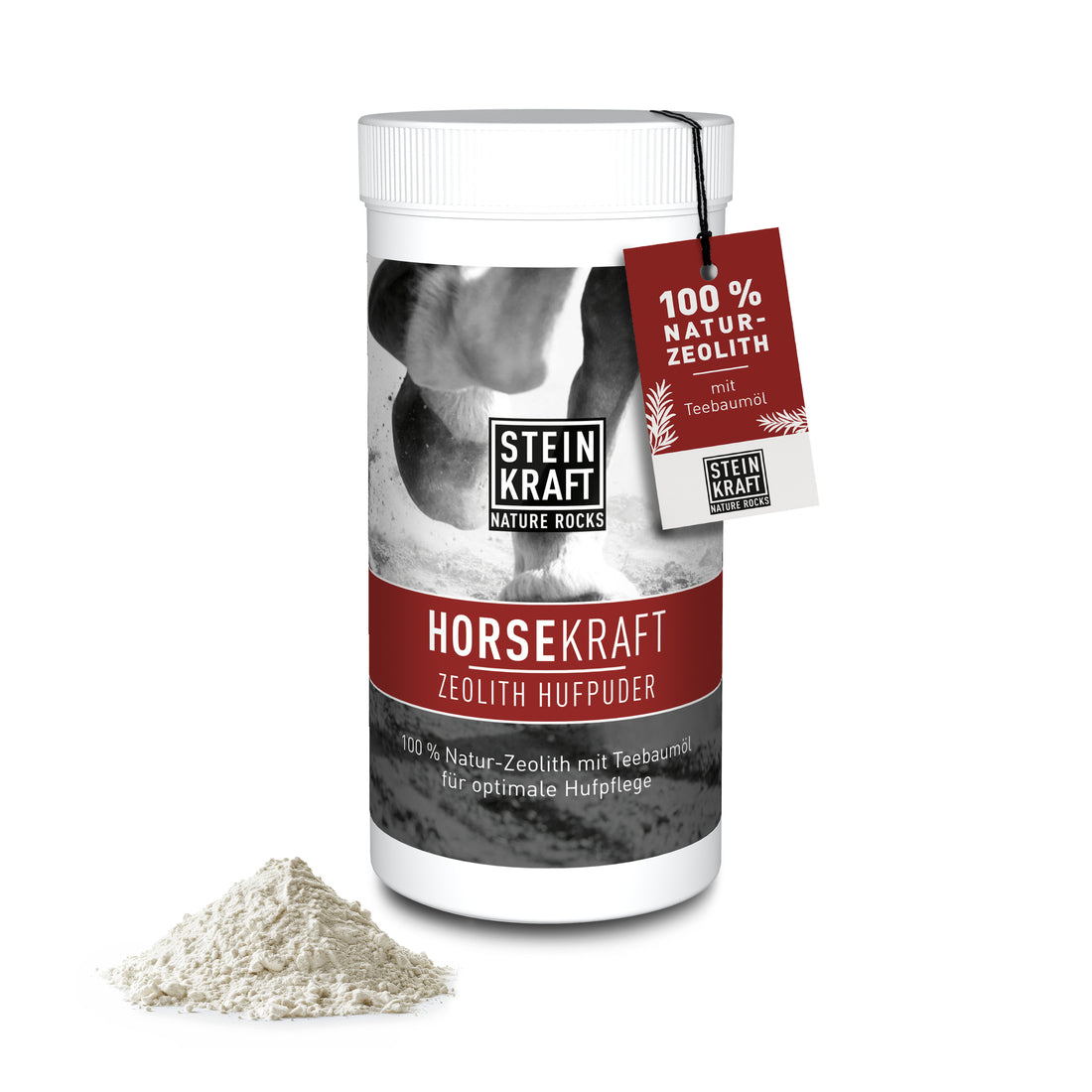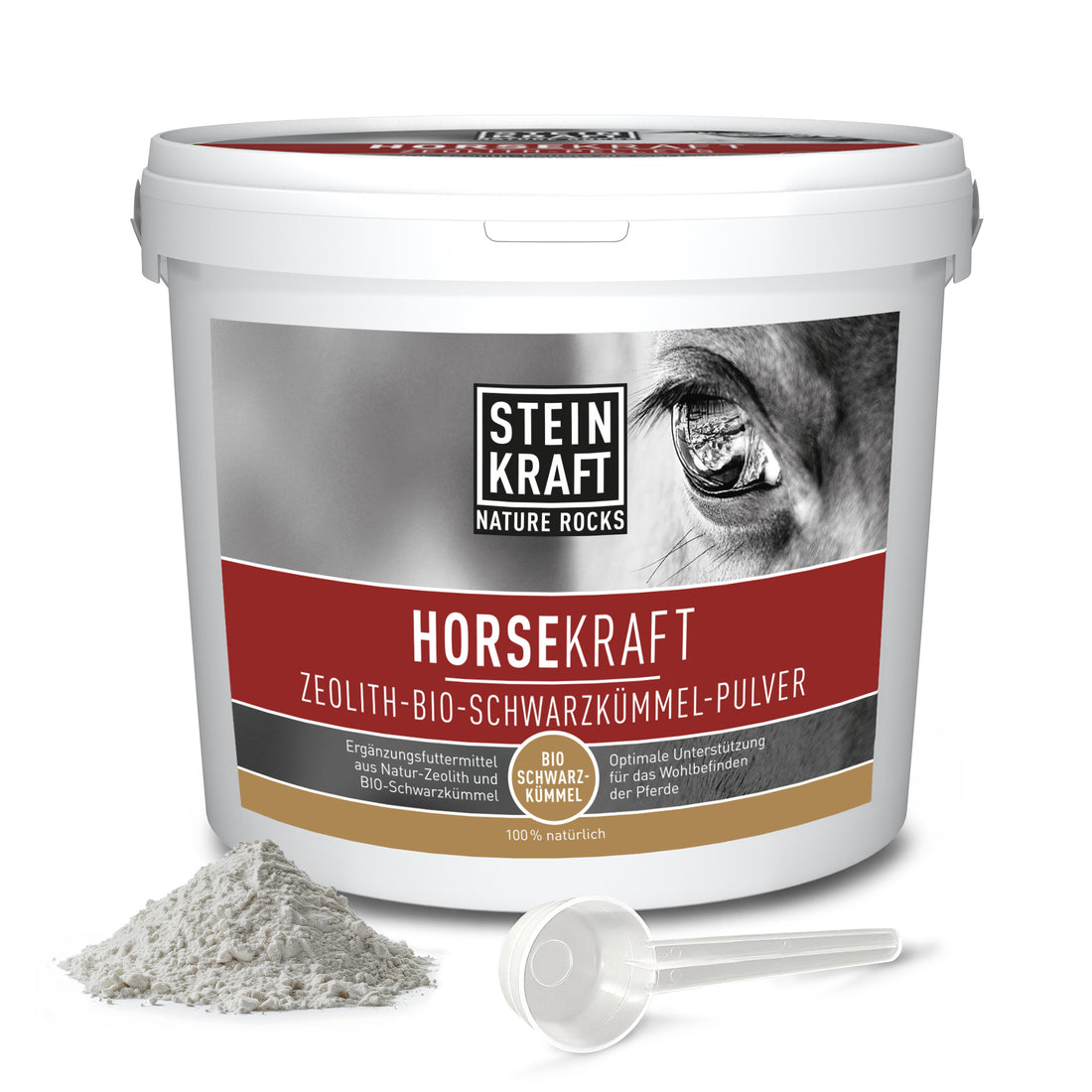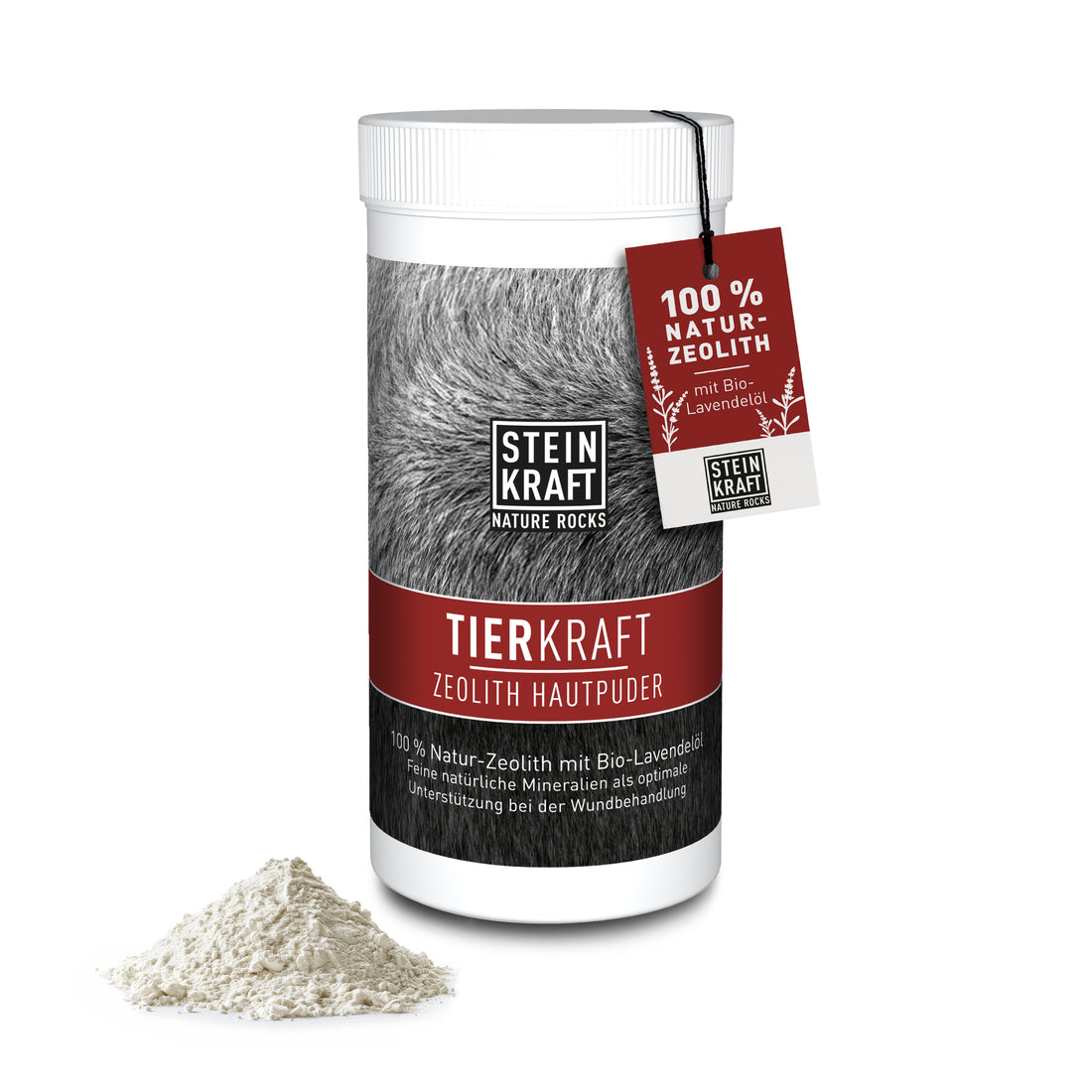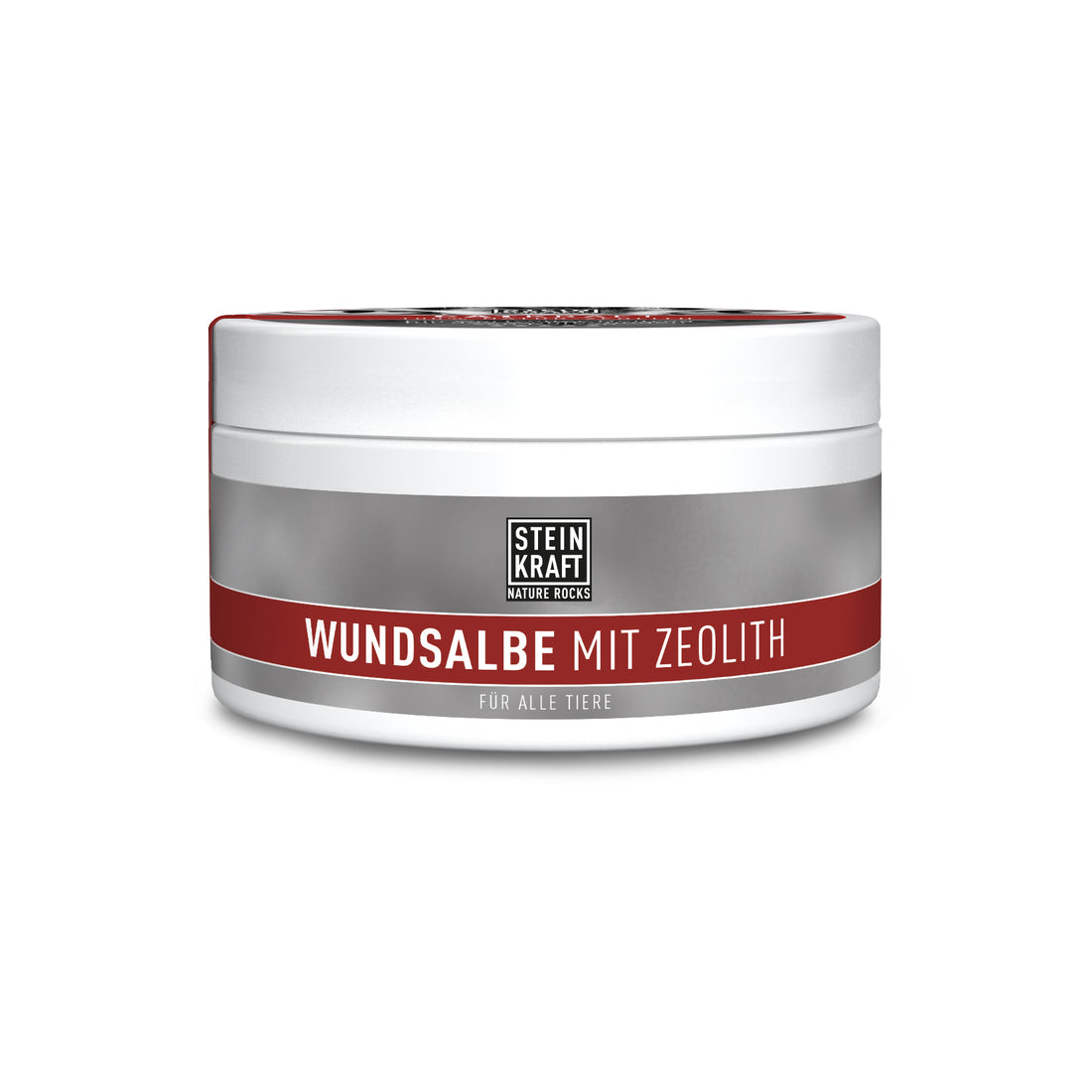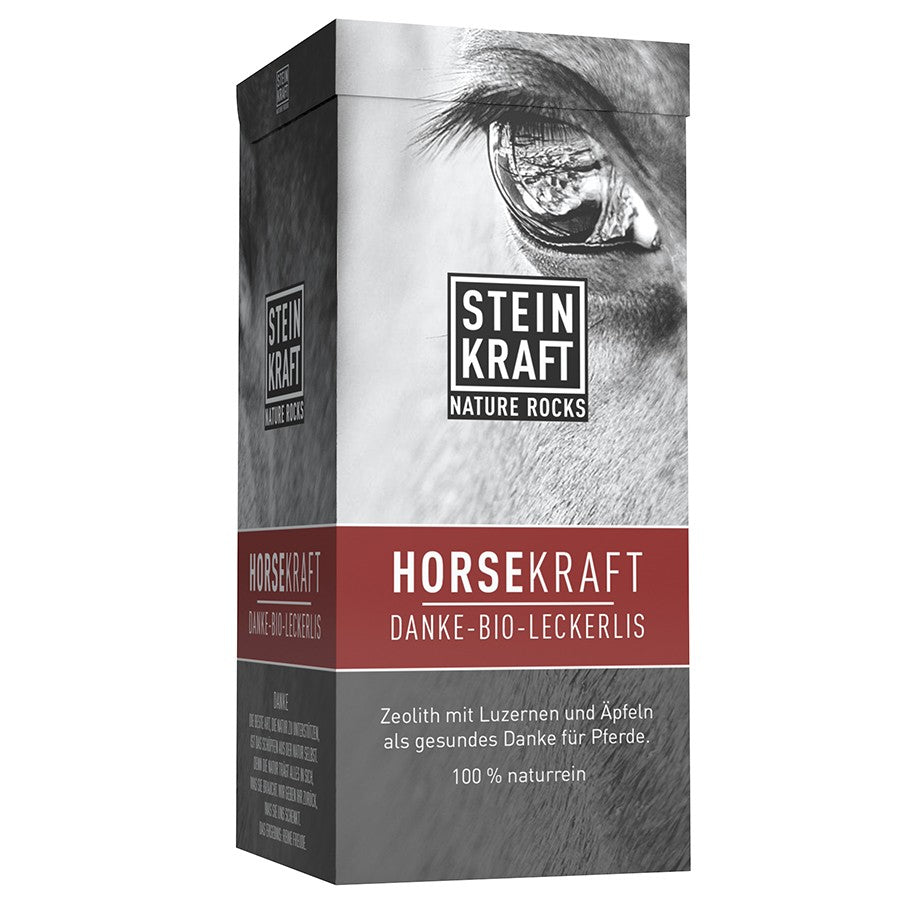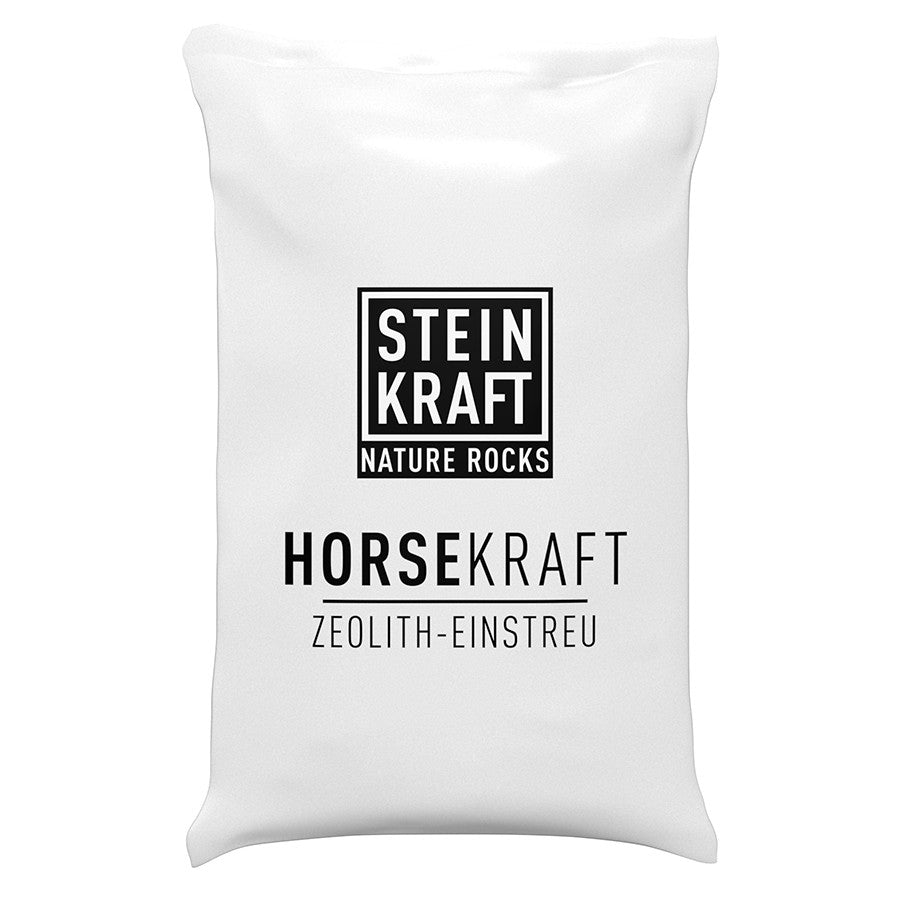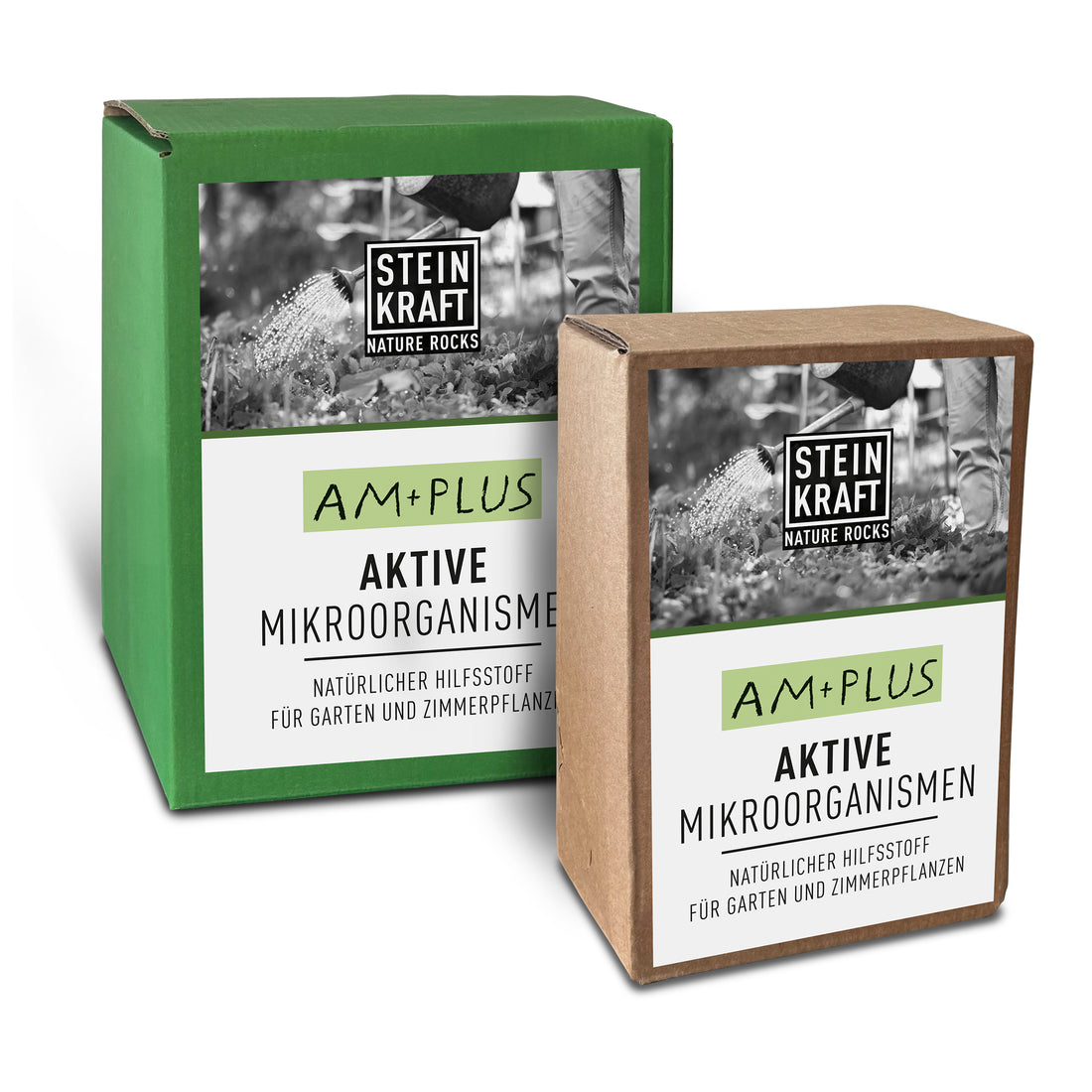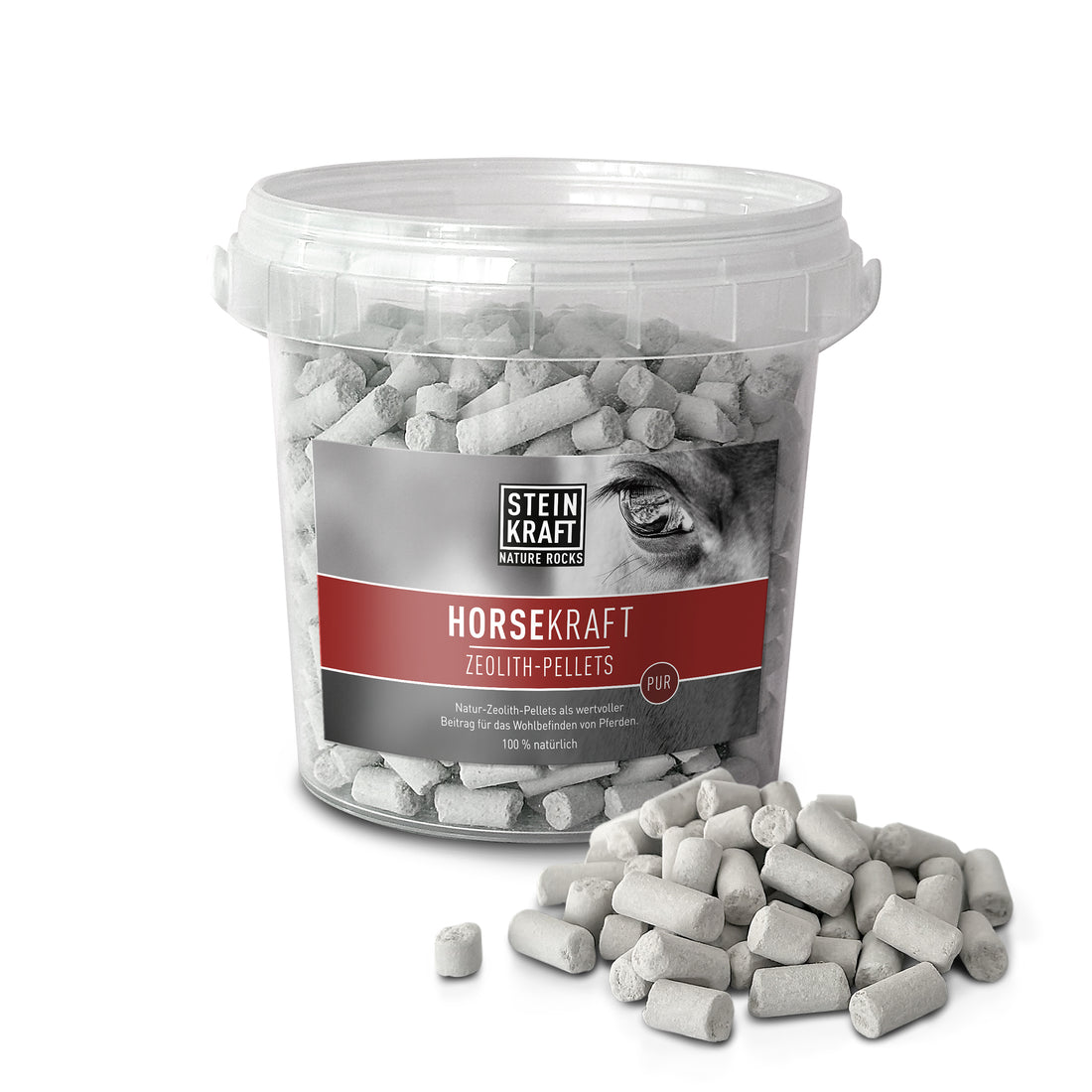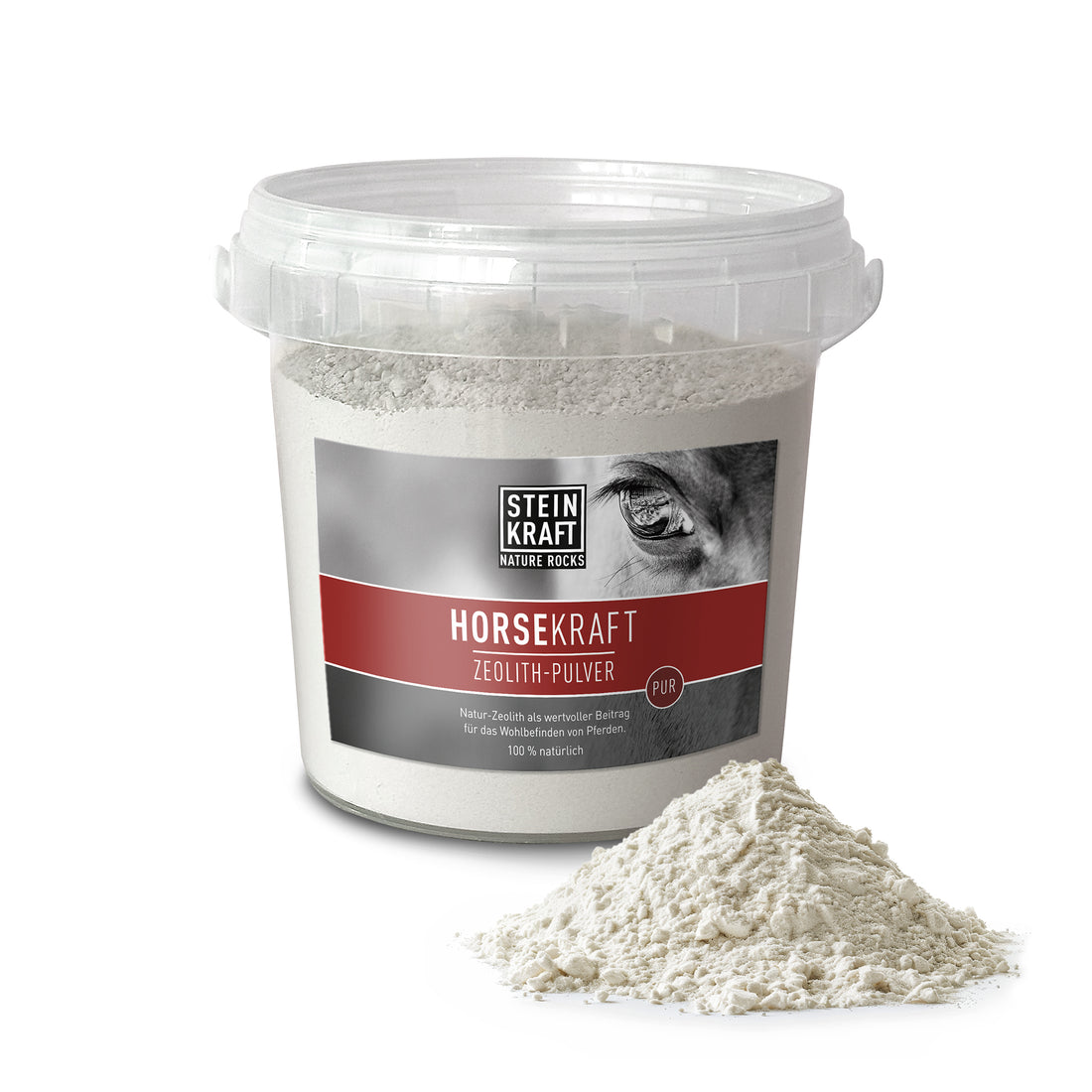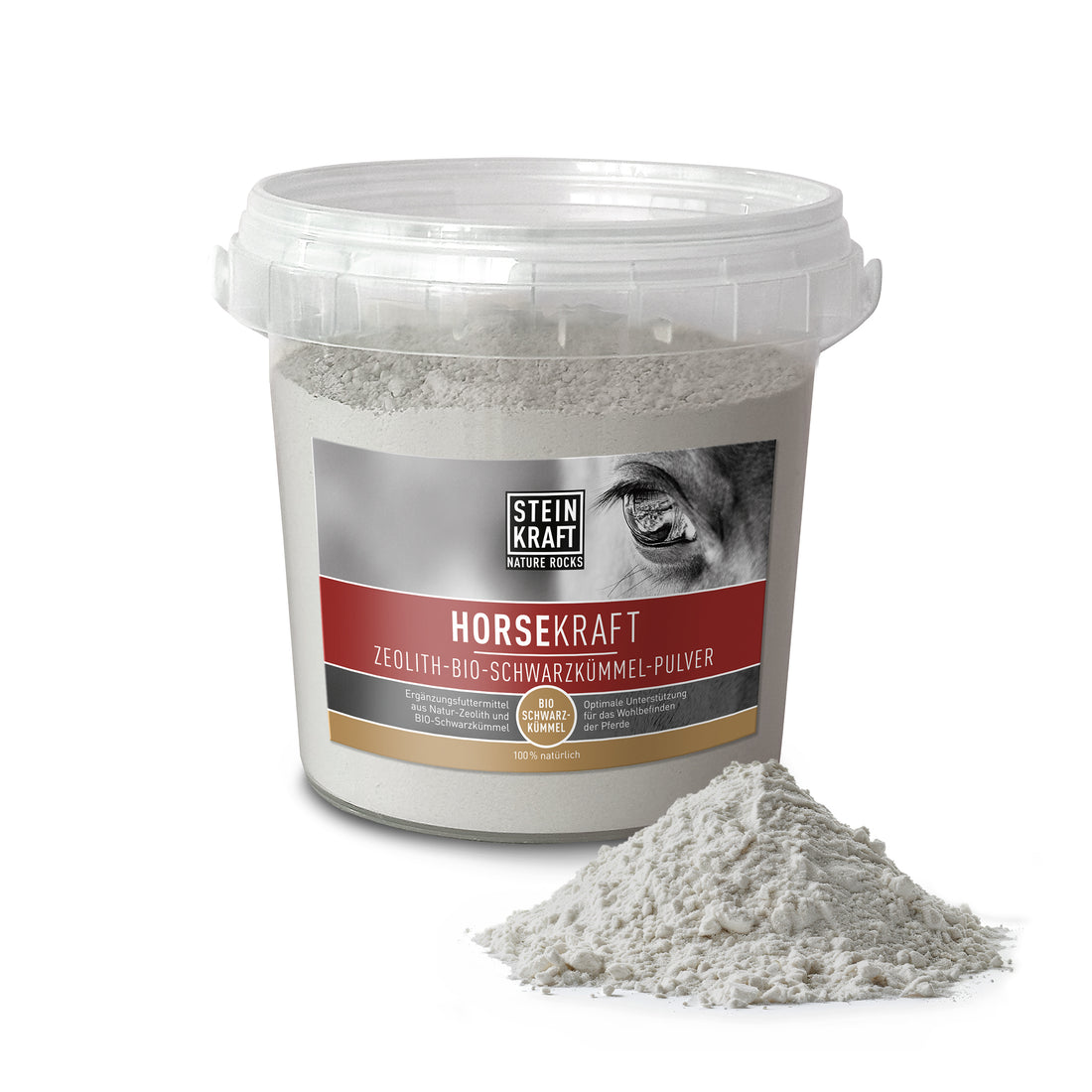How well do you know the challenges horses face in spring?
Spring is an exciting time for our horses—the coat change is imminent, the lush pasture grass beckons, and suddenly your otherwise calm four-legged friend is brimming with energy. But how well prepared are you for this season?
- Do you know the risks of spring grass?
- How do you prevent allergies and digestive problems?
- And how can you safely guide your horse through the coat change?
Test your knowledge with our multiple-choice quiz and find out if you're a true spring expert. You might even discover a few valuable tips to best support your horse.
Let's go – challenge accepted!
Multiple-Choice Quiz: Challenges for Horses in Spring
1. Why is the coat change particularly strenuous for horses?
a) The body needs more energy and nutrients.
b) The winter fur grows back before the summer fur appears.
c) The change of fur puts a strain on the metabolism.
d) Horses must be clipped during the moulting period.
✅ Correct answer: a, c (Shedding requires many nutrients, especially zinc, copper, and protein, and places a heavy burden on the metabolism.)
2. How can zeolite help horses with their coat change?
a) It binds harmful substances and relieves the metabolism.
b) It gives the horse more energy through additional calories.
c) It promotes better nutrient absorption.
d) It completely prevents the coat from changing.
✅ Correct answer: a, c (Zeolite binds toxins, reduces metabolic stress, and improves nutrient absorption.)
3. What should you consider when changing feeding in spring?
a) Horses must be slowly accustomed to fresh grass.
b) Concentrated feed should be stopped immediately.
c) Hay should continue to be fed.
d) Horses should be allowed to go out to pasture for several hours.
✅ Correct answer: a, c (A slow introduction to grazing and continuous hay feeding help prevent digestive problems.)
4. What risks does spring grass pose?
a) It often contains a lot of fructan, which can trigger laminitis.
b) It makes horses sleepier than in winter.
c) It can cause watery stools and diarrhea.
d) It is particularly low in vitamins.
✅ Correct answer: a, c (Spring grass is high in energy and can cause digestive problems or laminitis.)
5. How can zeolite help prevent digestive problems in spring?
a) It binds excess acids and regulates the pH value in the intestine.
b) It provides extra sugar for more energy.
c) It stabilizes the intestinal flora and can prevent diarrhea.
d) It makes grass safe for horses.
✅ Correct answer: a, c (Zeolite supports intestinal health, stabilizes the pH value, and can prevent diarrhea.)
6. What are the signs of spring allergy in horses?
a) Constant head shaking
b) Cough or nasal discharge
c) Dull coat
d) Itching and skin reactions
✅ Correct answer: a, b, d (Pollen, dust, and insects can cause respiratory and skin problems.)
7. How can zeolite help horses with allergies?
a) It strengthens the immune system by relieving stress on the body.
b) It replaces all other allergy medications.
c) It can bind pollutants and allergens.
d) It cures allergies completely.
✅ Correct answer: a, c (Zeolite can relieve stress on the body and strengthen the immune system, but it is not a substitute for medication in cases of severe allergies.)
8. Why are horses often more temperamental in spring?
a) The days become longer, which affects the hormonal balance.
b) You are more energetic after the winter break.
c) They are afraid of fresh grass.
d) Warm weather promotes blood circulation and activity.
✅ Correct answer: a, b, d (Light and heat influence hormones and circulation, leading to more energy and temperament.)
9. How can you safely ride temperamental horses in spring?
a) Before riding, lunge briefly to release excess energy.
b) Make the training varied.
c) It is better to go alone on your first cross-country ride.
d) Provide clear, consistent assistance.
✅ Correct answer: a, b, d (Exercise helps to release energy. Variety keeps the horse mentally engaged, and clear aids provide security.)
10. Why is zeolite a useful supplement in spring?
a) It supports the coat change by relieving the metabolism.
b) It stabilizes digestion during the transition to pasture.
c) It can strengthen the immune system and alleviate allergies.
d) It increases the fructan content in grass.
✅ Correct answer: a, b, c (Zeolite helps with detoxification, digestion, and the immune system—but it does not change the fructan content in the grass.)
Conclusion & scoring:
0-4 points : Time for a spring crash course!
5-7 points : You are on the right track – just a few more tips and your horse will be well cared for!
8-10 points : Perfect! You understand the challenges of spring and know how to best support your horse!
For further reading:












